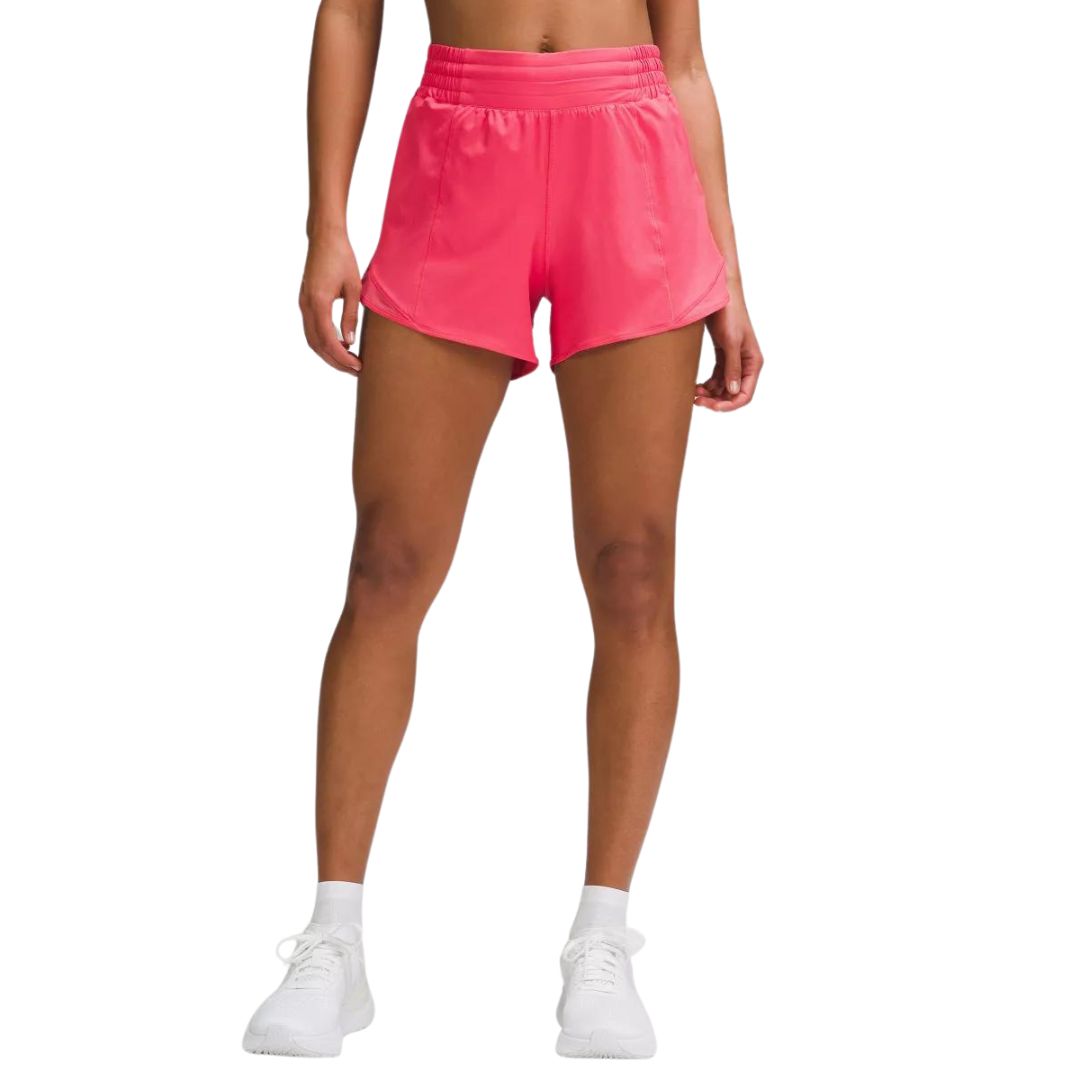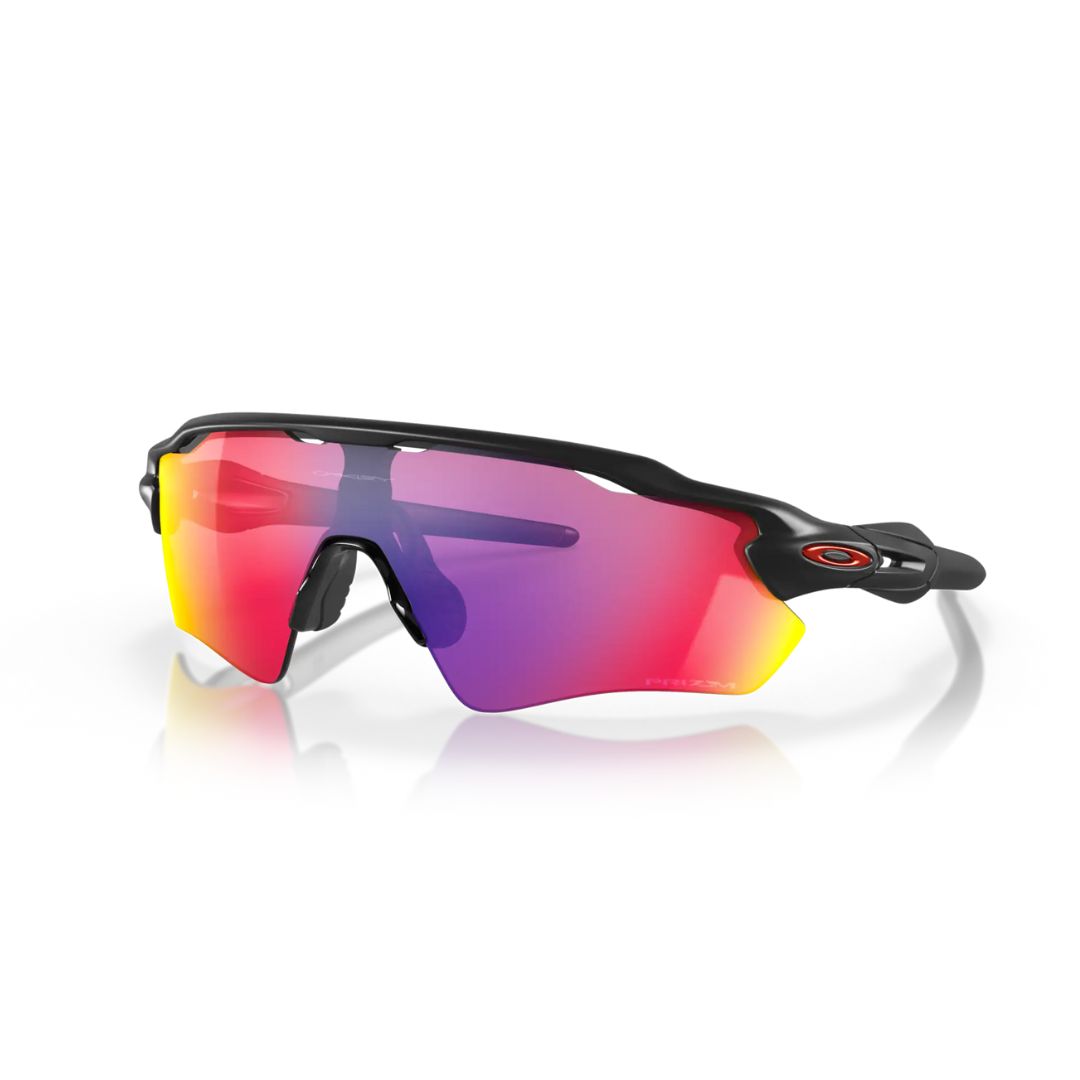We asked a record-breaking athlete for her 10km training tips - trust us, you're almost guaranteed a new PB with this advice
Keen to up your speed?
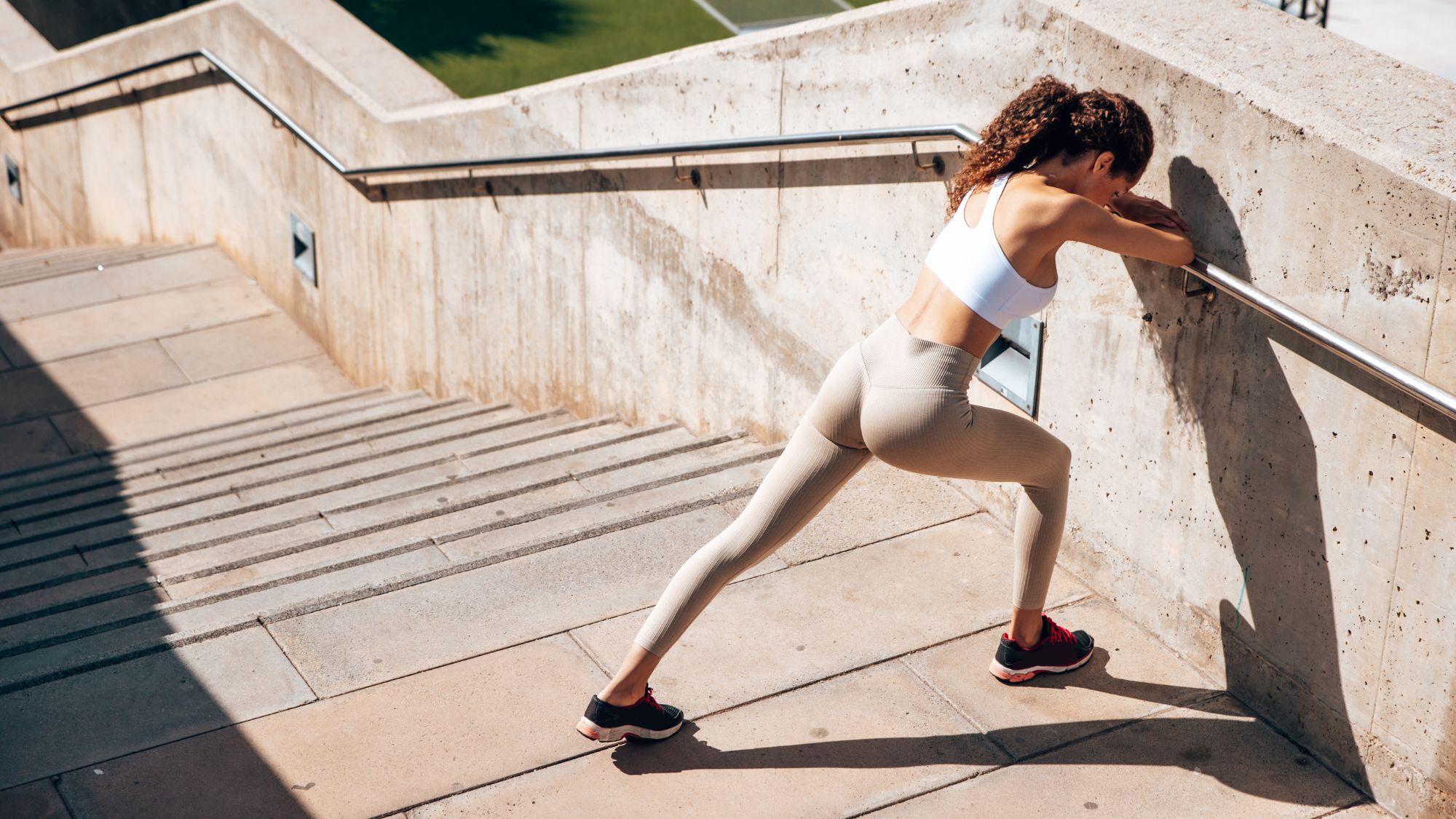
Are you on the hunt for 10km training tips that'll help you chip down your time? It's one of the most popular race distances right now, but pacing yourself to beat a previous best isn't necessarily about banking more runs each week.
While there are plenty of guides out there detailing how to run faster and how to run for longer, we recently spoke to record-breaking Team GB athlete and 10km runner Eilish McColgan to get her top tips - and it's fair to say she knows a thing or two about pacing yourself to a personal best. She really knows her stuff when it comes to training your body to improve over the 10km distance - so much so, that she holds the record for the fastest ever 10km run at a Commonwealth Games by a female.
While it's certainly manageable for most people to train for and run 10 kilometres (or 6.2 miles), improving your time over said distance can be tricky. It's not quite short enough to go full pelt, you see, but also not as long as, say, a half marathon, where you can maintain a steadier pace over the distance and still finish with an impressively speedy time.
Interval training is one of the key factors she mentions below, and something that I've sworn by over the last four years or so to chip my running times down. But there are several other tips and tricks below which will come in handy if you are looking to improve your time.
Of course, running is about far more than the pace or distance - countless studies document the benefits of running, from improved cardio fitness, to boosted mental health and more. If you'd prefer to just log the mileage without the pressure of how fast or far you're going, you do you.
Keen to read more? Keep scrolling. And if you're at the start of your running journey, our guides to the best running tips for beginners, how to improve running stamina, and how to start running will come in handy, as well as this fool-proof guide to how to run a mile without stopping.
Keen to get faster? 10km training tips, from a top athlete
How long does it take to train for a 10km?
According to McColgan, if you're a total beginner, you'll want to aim for around an eight to ten week training period. There are plenty of great training programmes out there which will help you plan your sessions and give you plenty of guidance on how many runs to do a week, plus which ones to push the pace during.
Marie Claire Newsletter
Celebrity news, beauty, fashion advice, and fascinating features, delivered straight to your inbox!
If you're a more advanced runner, you should be able to improve your 10km time in as little as four weeks.
What is a "good" beginner 10km time?
While it's all too easy to get caught up comparing yourself to other people's times on Strava, it's really key to remember that every individual is different, and so will have wildly different running paces - all of which are good in their own right.
Look at it this way: you're your only competition, and all you need to focus on is improving how long it takes you to run the distance.
The athlete agrees: "Any time is a "good" time - the beauty of running is that it doesn't matter what your times are" she explains. "Everyone has their own personal best. Just remember how long it last took you to run 10km and go from there."
A post shared by Eilish McColgan (@eilishmccolgan)
A photo posted by on
What's the best way to train for a 10km if you're keen to improve your time?
The athlete's number one top tip for improving your time? Interval sessions.
"Try to fit in one interval session and one long run per week," she advises. Why? Well, because when combined, they improve not only your speed but also your ability to run for longer. "The interval session works on speed and the long run works on endurance," she shares.
A bit confused by all the running jargon? We've got a handy guide to interval sessions, here. What a "long run" looks like will vary from person to person, fitness level to fitness level, but McClogan shares that you'll likely want to be able to comfortably run around 16 kilometres (or 10 miles) before racing a 10km distance.
5 top tips for training for a 10km, as a beginner
1. Invest in a fitness tracker
While you might not own a fitness tracker at current, it's a really handy way to get a handle on your current running paces and also personal bests. Your watch will show you, for example, your current average running speed and also at what points in your run you were running fastest.
McClogan advises buying a GPS watch - these are the most accurate as they have in-built trackers to accurately track distance, pace, mileage, heart rate variables and more. "I use the Coros Pace 3 - it's a great bit of kit to not only help you gauge pace but also track the training you're doing."
Not sure where to start? Read our guide to the best fitness trackers, here, tried and tested by Team MC UK.
2. Get a good pair of trainers
We're constantly recommending investing in a pair of the best running trainers can make to your training on this team - not only can good cushioning impact your muscle recovery, but improve your running form, protect your joints and reduce your risk of injury, too.
McClogan agrees, adding that one of her top tips for beating your 10km time is investing in a good pair of trainers. "I'd recommend something with good cushioning that's also comfortable. I recommend the ASICS Nimbus." For an extra boost, consider investing in a pair of carbon plate trainers, but do be mindful not to wear them for everyday mileage or you risk injury.
3. Join a local running group
We've long raved about the benefits of community exercise here at MC UK - not only can it help hold you accountable, but it can make working out way more sociable and therefore enjoyable. "It can really help boost motivation when you have other people to meet with, especially on those cold winter days," the athlete shares.
4. Try different types of interval sessions
Ever heard of fartlek training? The athlete explains that it essentially involves ticking off an interval session where you run for a set amount of time and then walk the recovery. If you're a beginner, try this: start at a minute and over the weeks, build up your minutes or mileage.
McClogan points out that it's a great way to tick off both distance and speed without the session feeling too daunting.
5. Be mindful of your pace
Pace is always important, especially when you're trying to beat a personal best. "Lots of people start too fast and find it hard to keep going," shares McClogan. "Pacing things from the start can help you to finish strong."
Try this: My run coach has always recommended aiming for negative splits, aka starting slower and then increasing your speed as you get closer to the finish line. That way, your legs will still feel fresh and you won't burnout before you reach your goal.
6. Build up your distance gradually
Most importantly - and this is a mistake that many new runners make - make sure to build things up slowly to avoid injury. "You should be increasing your mileage by no more than 10% each week," she explains. For example, if you run 24 kilometres (15 miles) in week one, it's important to run no further than 26.5 kilometres (16.5 miles) the week after.
"I always like to run a 5km first," shares the athlete. "I'd recommend doing your local parkrun after a few weeks of training to give you an indication of where your fitness is at." From there, she advises training for another solid month before giving the 10km distance a go.
Ready? Time to run.
Shop MC UK approved running kit now:
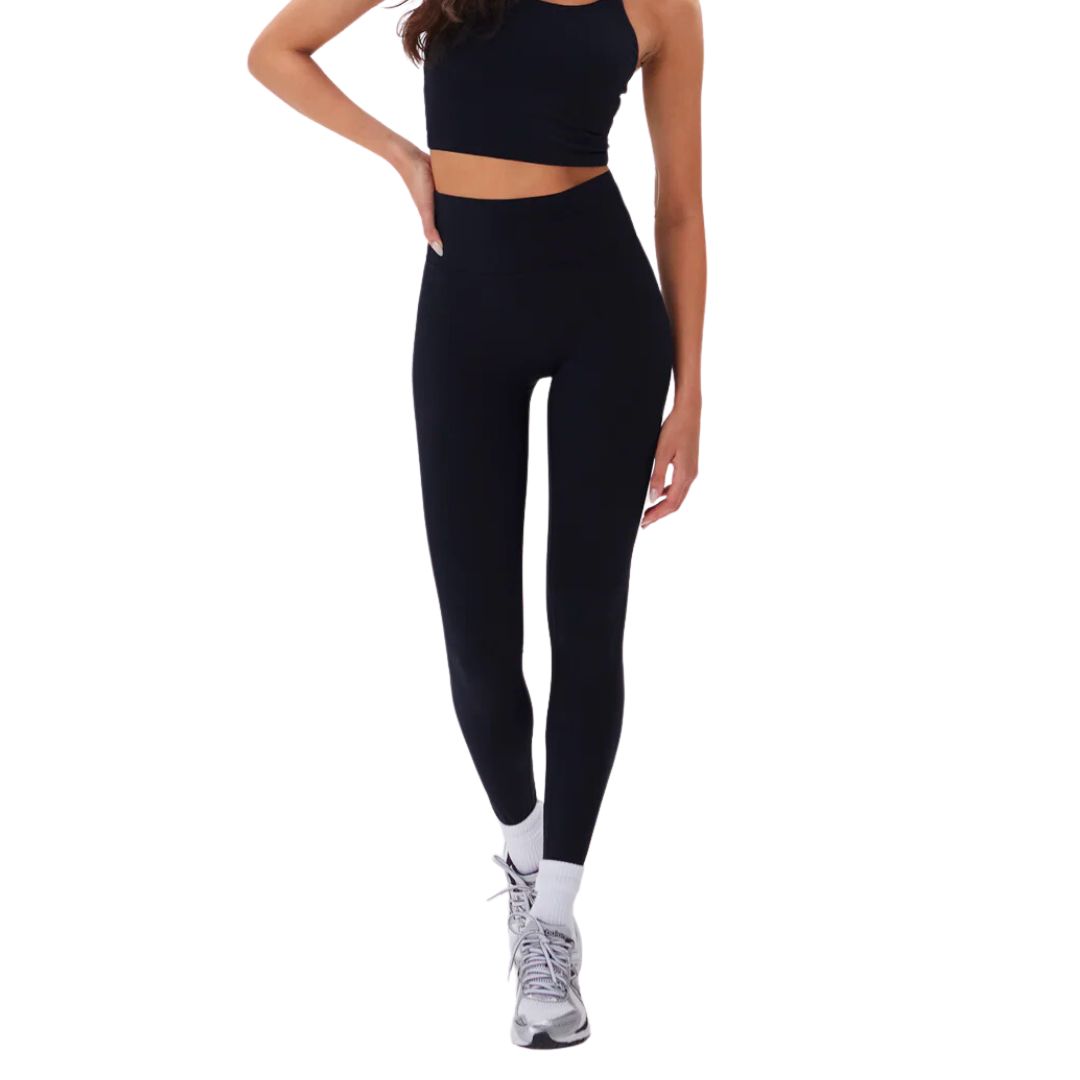
Adanola leggings are seriously good quality and an affordable price point, too. They sweat-wick well, are breathable and supportive, but also don't cut you in half like some other designs on the market. I've been wearing mine on repeat now for around two years and they're good as new.
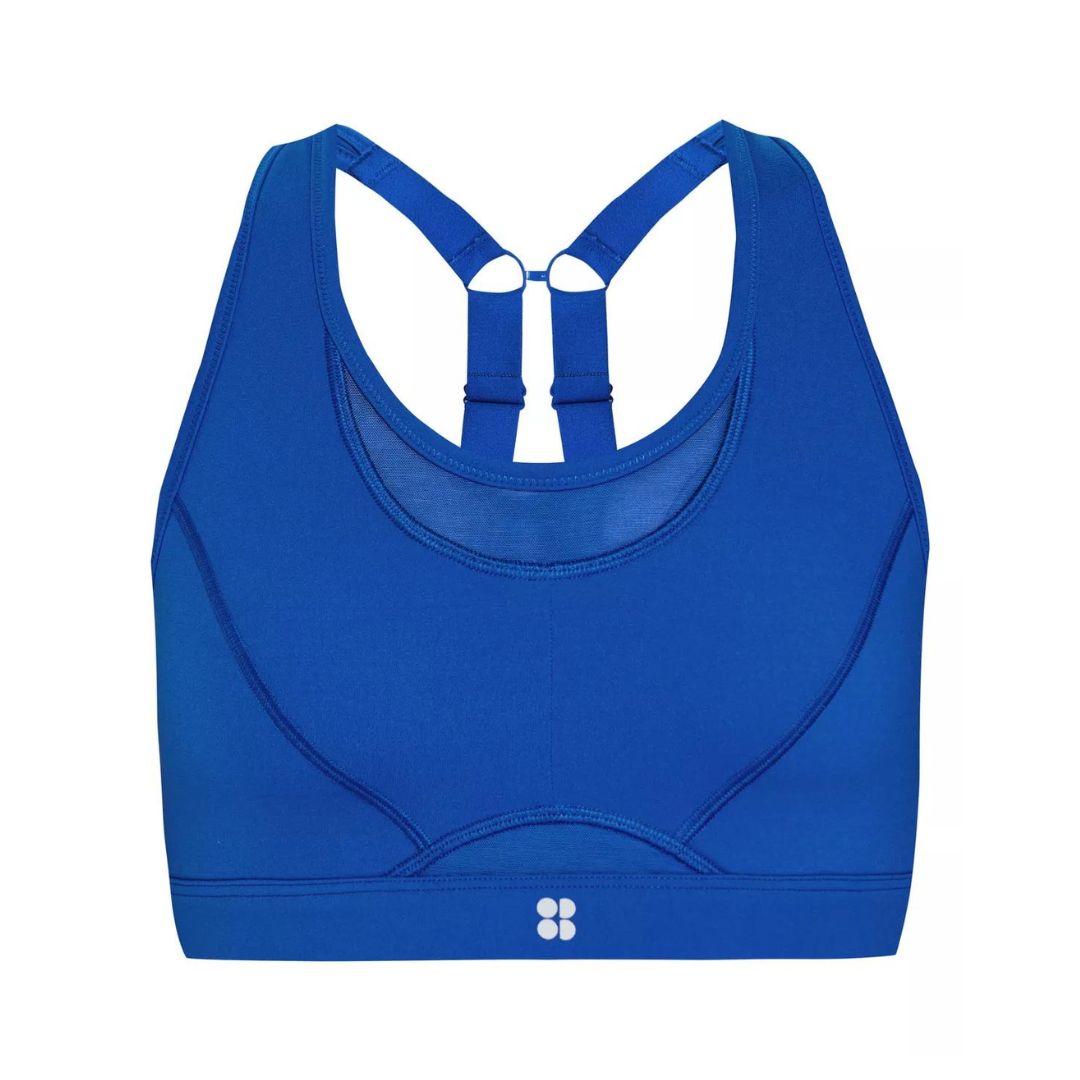
Sweaty Betty's Power bra is a bestseller for a reason - it's supportive enough for any workout, featuring a racerback design and hook eye clasp, and also looks stylish.

Ally Head is Marie Claire UK's Senior Health and Sustainability Editor, nine-time marathoner, and Boston Qualifying runner. Day-to-day, she heads up all strategy for her pillars, working across commissioning, features, and e-commerce, reporting on the latest health updates, writing the must-read wellness content, and rounding up the genuinely sustainable and squat-proof gym leggings worth *adding to basket*. She also spearheads the brand's annual Women in Sport covers, interviewing and shooting the likes of Mary Earps, Millie Bright, Daryll Neita, and Lavaia Nielsen. She's won a BSME for her sustainability work, regularly hosts panels and presents for events like the Sustainability Awards, and is a stickler for a strong stat, too, seeing over nine million total impressions on the January 2023 Wellness Issue she oversaw. Follow Ally on Instagram for more or get in touch.
-
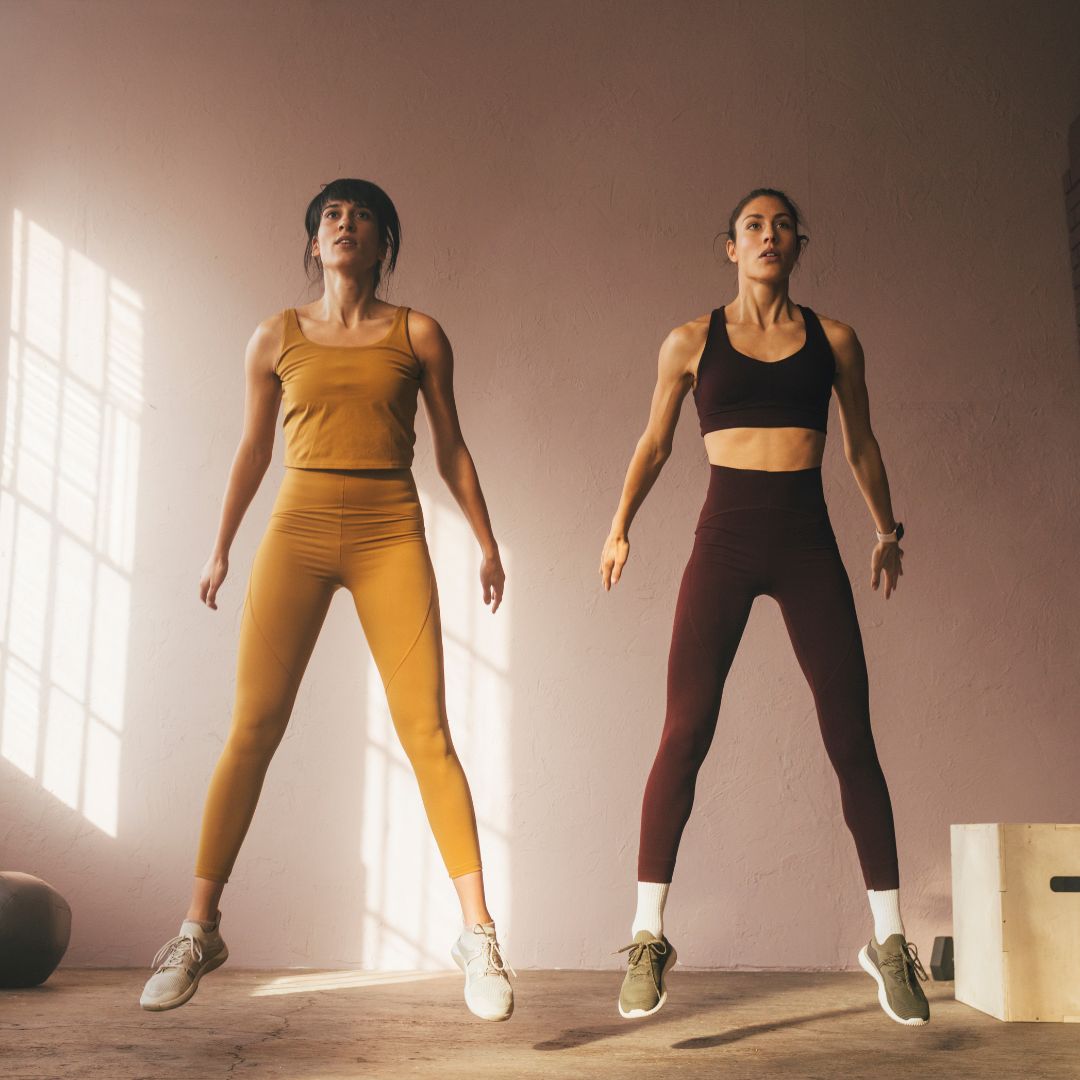 Jump training workouts are being hailed as the best longevity workout you can do - a top personal trainer shares their guide
Jump training workouts are being hailed as the best longevity workout you can do - a top personal trainer shares their guideJump to it...
By Katie Sims
-
 I’m a bride who loves injectables—here are the dos and don’ts of getting them ahead of your wedding
I’m a bride who loves injectables—here are the dos and don’ts of getting them ahead of your weddingA game-changer, if done correctly
By Tori Crowther
-
 The 90s-inspired wispy, ‘sitcom fringe’ is my new obsession—it’s lightweight and perfect for summer
The 90s-inspired wispy, ‘sitcom fringe’ is my new obsession—it’s lightweight and perfect for summerBring back the nostalgia
By Jazzria Harris
-
 Jump training workouts are being hailed as the best longevity workout you can do - a top personal trainer shares their guide
Jump training workouts are being hailed as the best longevity workout you can do - a top personal trainer shares their guideJump to it...
By Katie Sims
-
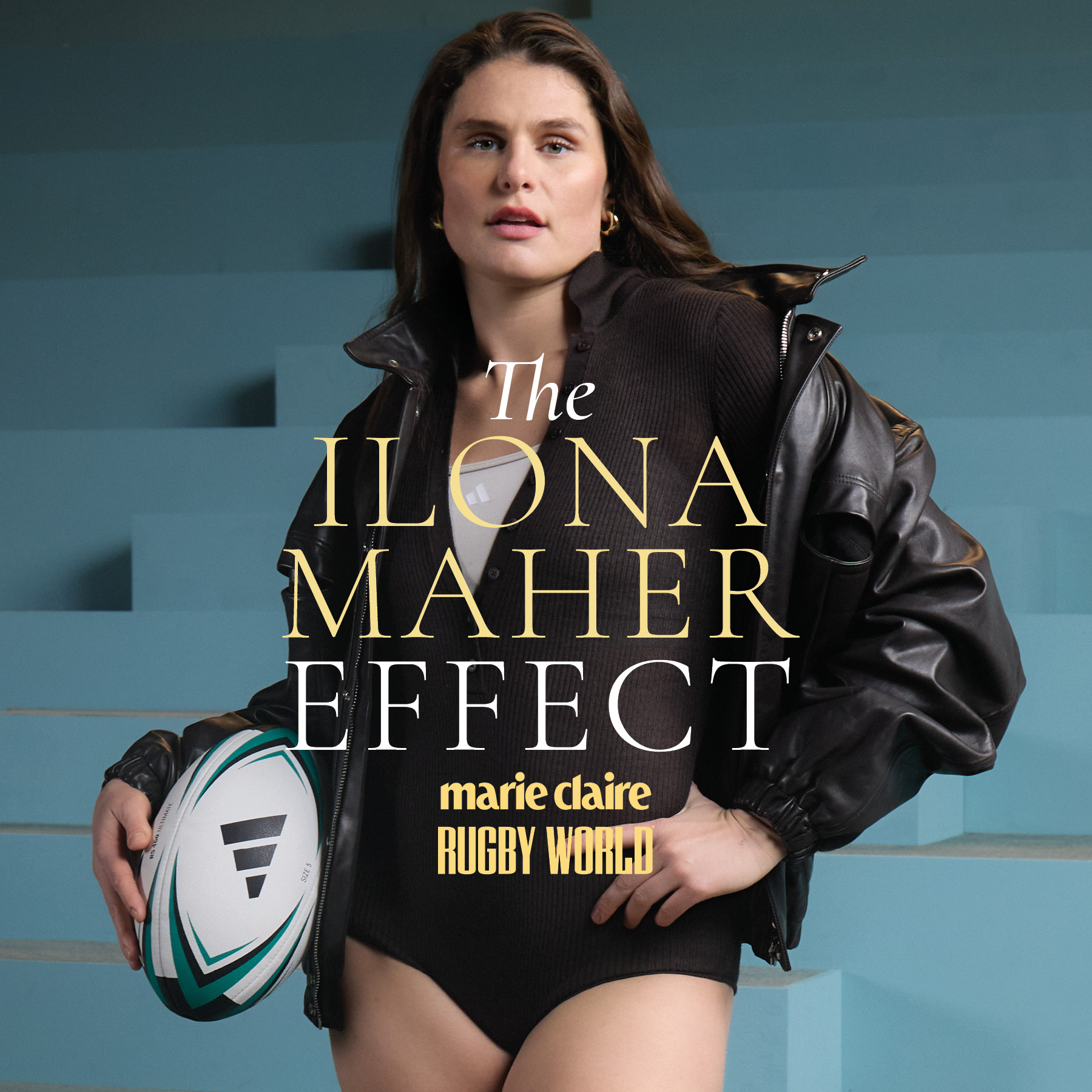 Introducing Global phenomenon, Olympic medallist and rugby icon Ilona Maher
Introducing Global phenomenon, Olympic medallist and rugby icon Ilona MaherBy Ally Head
-
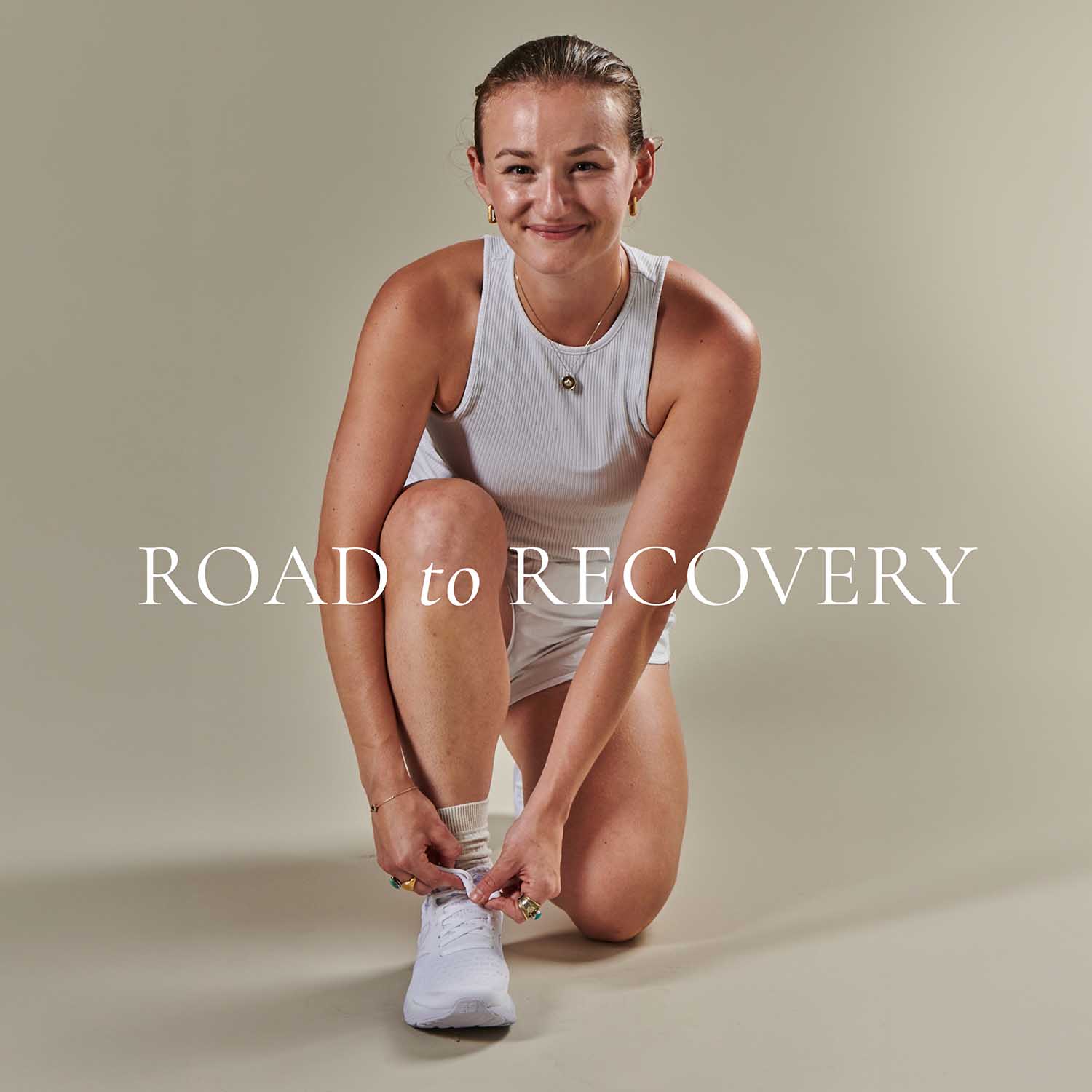 Road To Recovery: As marathon training ramps up - 5 tips for maintaining motivation, from a 9x marathon runner
Road To Recovery: As marathon training ramps up - 5 tips for maintaining motivation, from a 9x marathon runnerPlus, I share the joy of returning to running and the kit I've been loving recently.
By Ally Head
-
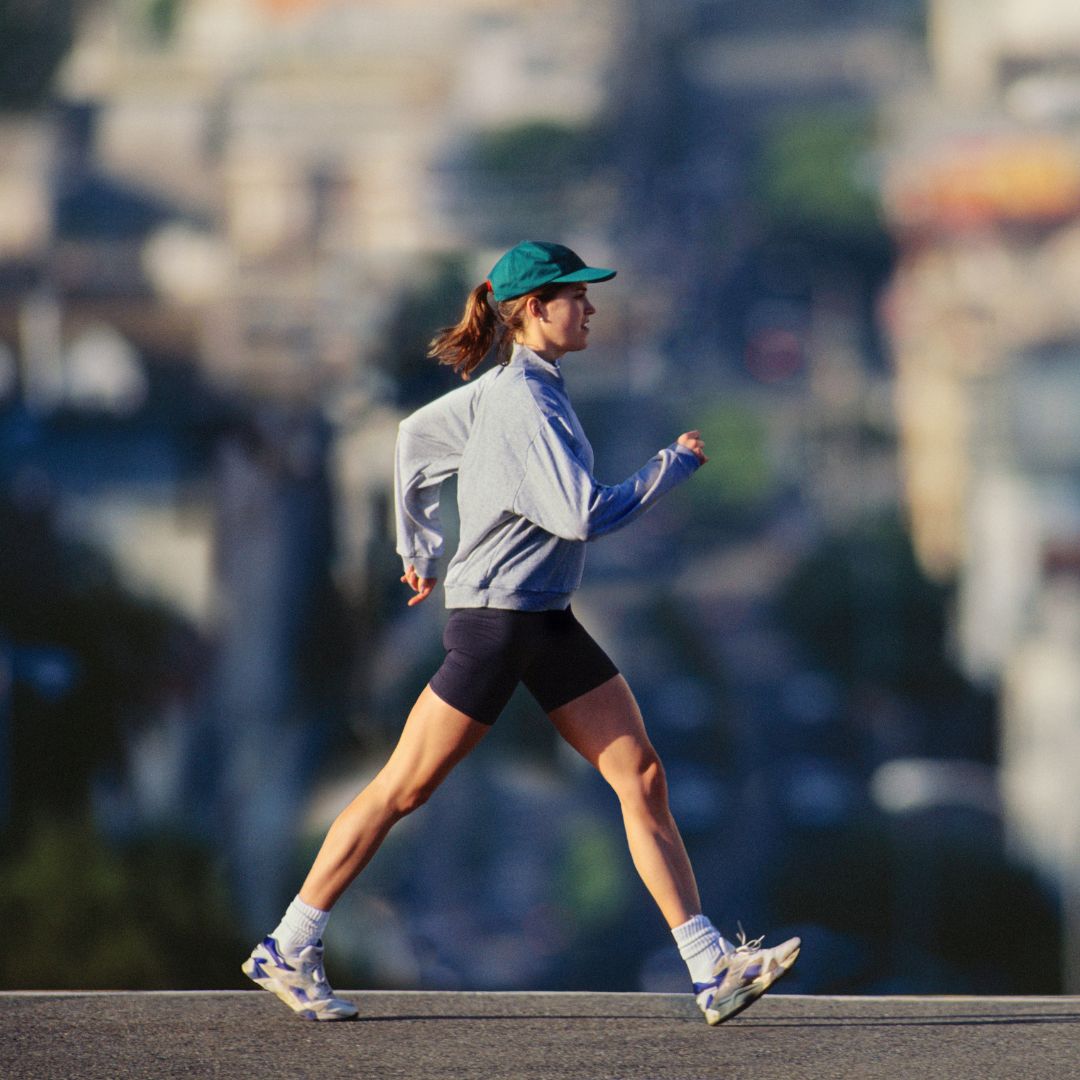 Short on time and eager to make cardio fun? These are, hands down, the best 10-minute walking workouts
Short on time and eager to make cardio fun? These are, hands down, the best 10-minute walking workoutsGet your step on.
By Katie Sims
-
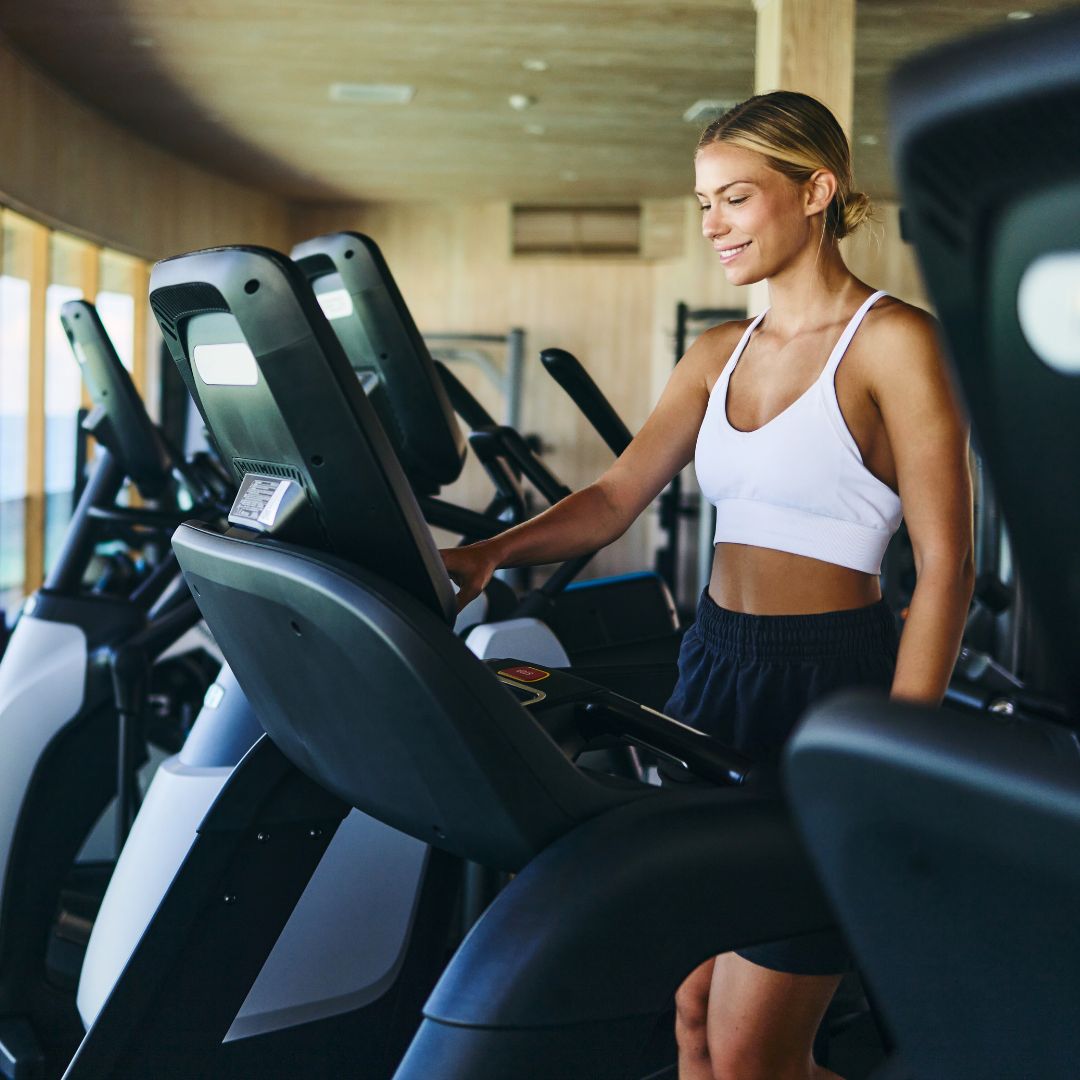 Eager to work up a sweat this spring? The internet can't get enough of Stairmaster workouts - 5 that top personal trainers swear by
Eager to work up a sweat this spring? The internet can't get enough of Stairmaster workouts - 5 that top personal trainers swear byEnter: the perfect Spring sweat session.
By Anna Bartter
-
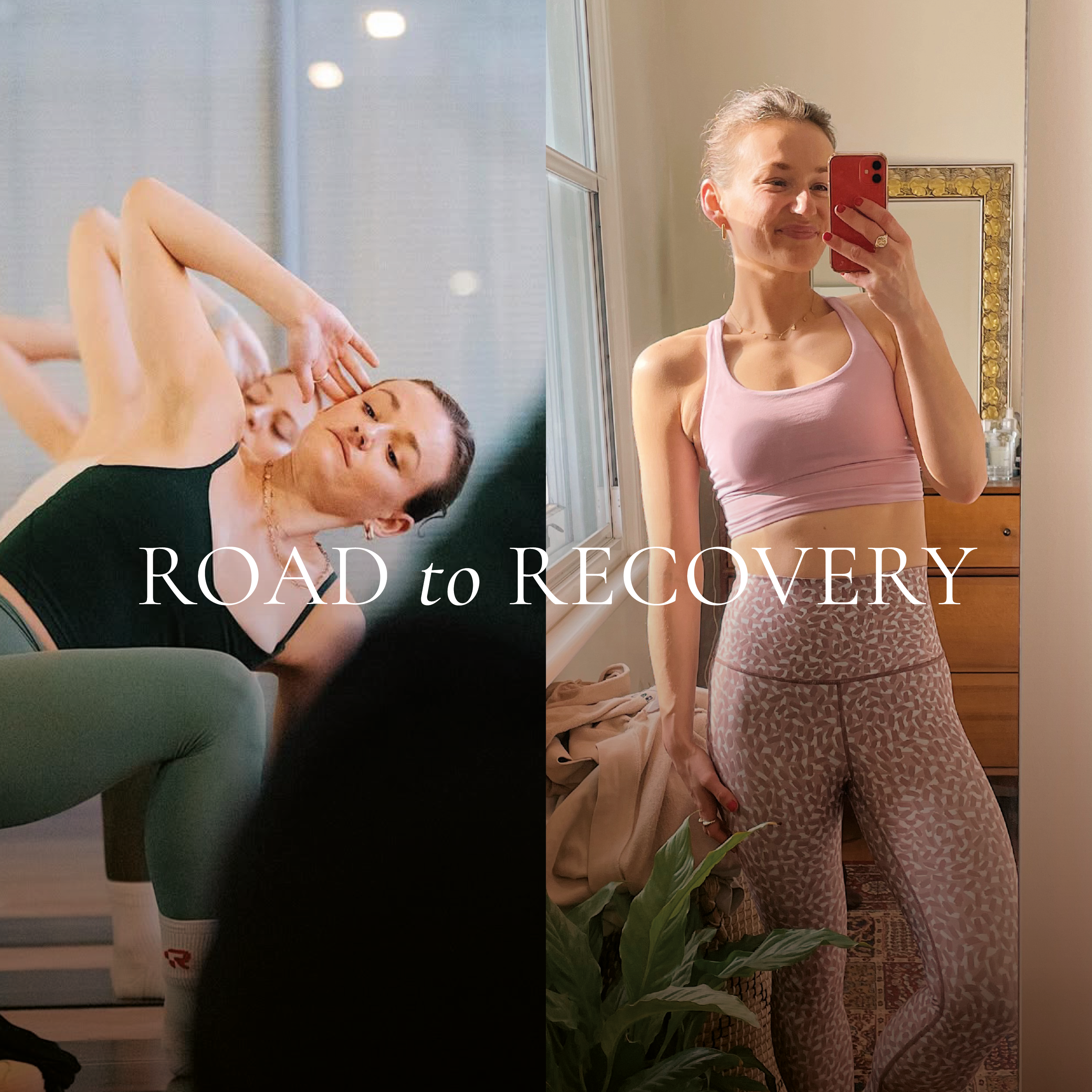 Road To Recovery: I'm a runner who currently can't run - how low impact exercise is helping me feel fitter than ever
Road To Recovery: I'm a runner who currently can't run - how low impact exercise is helping me feel fitter than everPlus, boosting my mental health tenfold, too.
By Ally Head
-
 As a Health Editor who works out six times a week, here's how cold water showering transformed my post-workout routine
As a Health Editor who works out six times a week, here's how cold water showering transformed my post-workout routineMira Showers' ColdBoost technology has been a game-changer.
By Ally Head
-
 I've been stressed so tried the viral colour walk every day for a week - and am blown away by how calm I feel
I've been stressed so tried the viral colour walk every day for a week - and am blown away by how calm I feelWalking my way to zen.
By Anna Bartter
